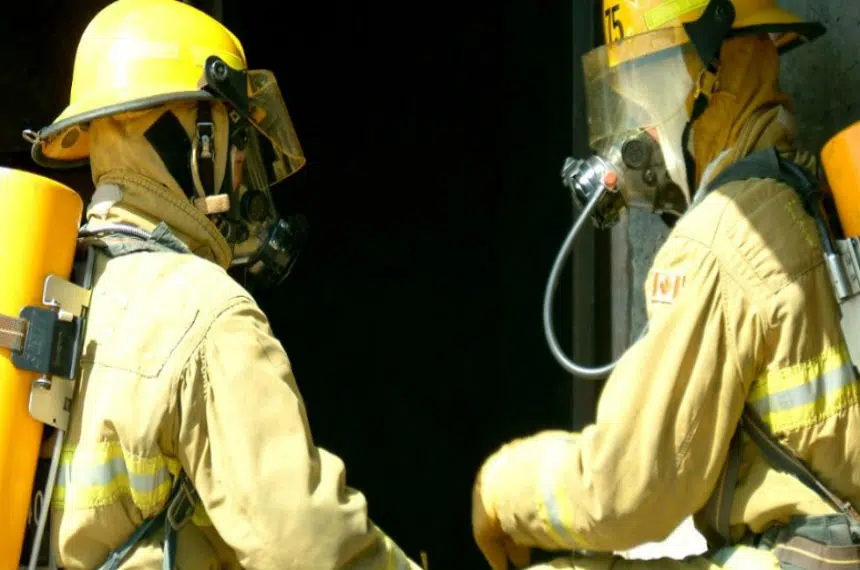by Glenn Hicks, paNow
Saskatchewan’s urban municipalities have voted against a proposal to collect a levy to help pay for mental supports for volunteer firefighters, but the group which offers these services will continue to advocate for more funding.
Municipal leaders at this week’s annual Saskatchewan Urban Municipalities Association (SUMA) convention in Regina acknowledged the need for more supports for firefighters dealing with trauma and stress, but there were concerns about the idea of a one-off levy of 50 cents per person to go into a special trust fund.
“It’s a huge program and we continue to build it,” Patty Stewart McCord, the coordinator for the Saskatchewan Fire Service critical incident stress management team, told paNOW. “We need funding to back what needs to happen and it’s very important to secure extra funding any way we can get it.”
The program offers crisis intervention services for firefighters struggling with the mental stress of doing their work. It is supported by the Saskatchewan Association of Fire Chiefs and the Emergency Management and Fire Safety branch of government. But the Saskatchewan Volunteer Fire Fighter’s Association wants these mental health needs to be met by communities as a whole.
While disappointed with the SUMA vote, McCord noted part of the battle to secure more funding was about raising awareness with politicians and the general public who are still not knowledgeable about the issue.
“We find, even with rural fire departments, the awareness of a crisis intervention service is something that’s not always recognized. Many people still believe that firefighters and first-responders just don’t need this kind of psychological support after doing their work but it’s part of their psychological well-being so they can continue doing this work.”
McCord said since the stress management team started up over two years ago they’ve already made interventions at 35 fire departments.
“That’s an extraordinary [number]. In doing these interventions we’re also finding firefighters and first responders who are dealing with cumulative stress,” McCord said.
Garry Schrader, the volunteer chief at the Buckland Fire Department said he fully supports the call for more funding for stress supports.
“We go through a lot of stressful situations and the program just helps the guys to break things down afterwards. You never know what you’re going to face as a first responder. Sometimes the guys can handle going up to an incident but sometimes they can’t and that’s OK,” he said.
Lyle Evans, the volunteer fire chief at the Birch Hills fire department, said the most stressful part of the job is going out to motor vehicle accidents.
“It’s the shock we go through in dealing with accidents and then trying to get back into your normal routine of everyday life,” he said.











